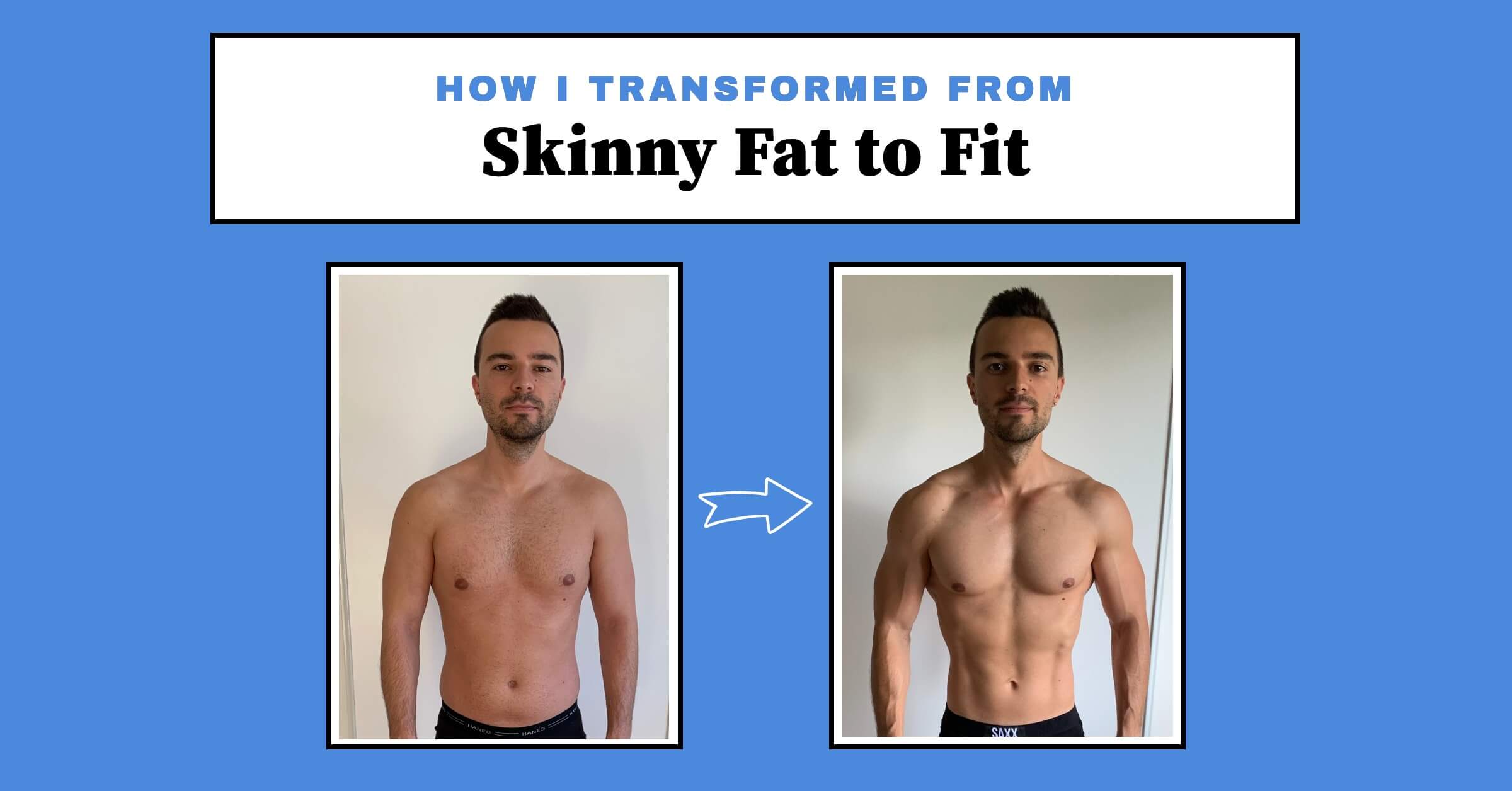

You’ve been under a lot of stressĬortisol, a stress hormone, is higher when we are stressed. This can happen if you’ve been in a caloric deficit for an extended period and your body believes it needs to store any excess energy as fat rather than burning it for energy. In other words, you don’t want to burn muscle when you’re on a low-calorie diet. However, if you aren’t properly cutting, you risk using your existing muscle mass as energy to fuel your exercises, increasing your body fat percentage even more. To put it another way, you should be in a caloric deficit. It’s well known that to lose weight, you must burn more calories than you consume. You’ve been in a caloric deficit for far too long In addition, getting enough protein in our diet can help us not only gain muscle but also keep the muscle we already have. This is because protein is the building block of our muscles and is essential to repair and build them after they’ve been stressed by weight training. To gain muscle, you must consume a high protein diet. You aren’t getting enough protein in your diet Resistance exercise or putting stress on your muscles gives your muscles the stimulation they need to grow. Those who discover they are “skinny fat” usually have no or very limited history of muscular gain. You don’t perform enough strength training So, if you want to prevent being “skinny fat”, you should make muscle building a priority. Furthermore, even at rest, the more muscle mass you have, the more energy you expend and the fat you burn. Simply put the greater your muscle mass, the lower your body fat percentage will be. There are a variety of factors that can contribute to being “skinny fat”, either individually or all together: You are lacking muscle mass Here at VIDA, our specialists give the most up-to-date knowledge on everything from muscle loss to lifestyle choices. What factors contribute to people’s appearance of being slender and fat?Ī person’s appearance as “skinny fat” can be caused by a variety of circumstances.

As a result, you’re at a high risk of developing health problems as time goes on. Obesity is indicated by belly fat on the abdominal cavity, intestines, gall bladder, and pancreas, for example. However, when there is an overabundance of subcutaneous fat in the body the problem arises. This fat may also be burned by the body to generate energy. It’s an important aspect of the body at low levels because it protects the organs.

Individuals who are “skinny fat” are at a higher risk since their fat mass is hidden in numerous regions that are not visible.

Fat can create health problems since it surrounds the body’s essential organs. Because body fat and visceral fat aren’t visible, you may appear thin on the exterior. Medically, it’s known as metabolically obese normal weight. However, you have a significant body fat percentage that needs to be reduced. Because of your average weight and slim figure, everybody who looks at you will presume you’re in good health. When viewed through the lens of BMI, you appear to be of normal weight, as your height correlates to your weight. Being “skinny fat” means that, despite being this, you have a low muscle density and a lot of surplus body fat. Consider a situation in which a person appears to be in good shape but has a lot of visceral fat on their body. However, even though your BMI is low, you can still improve your body fat percentage. Having a “skinny fat” body doesn’t mean good health. Is it, however, true that having a slim and fit body means you’re in good health? When increased body fat correlates to a higher BMI, it is widely assumed that one is unhealthy. That means that if they calculated their body mass index (BMI), which is measured only based on height and weight, it would put them in a healthy range, but their body fat percentage is higher than what is considered appropriate for their body. In other words, people who look to be of average weight or slim, but who have a high percentage of body fat and little muscular mass. The term “skinny fat” refers to a condition in which your scale weight indicates that you are lean, or skinny, but your real body fat percentage does not. Have you heard the term “ skinny fat” before? Or when someone calls you “thin fat”? It’s not uncommon to find people whose outside appearance doesn’t correspond to what’s going on inside their bodies.


 0 kommentar(er)
0 kommentar(er)
